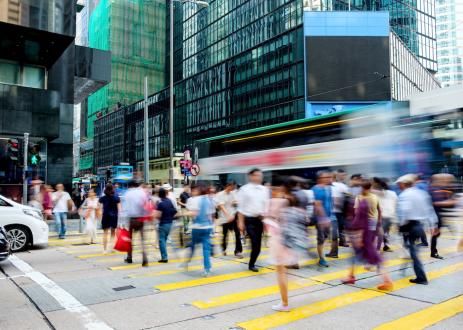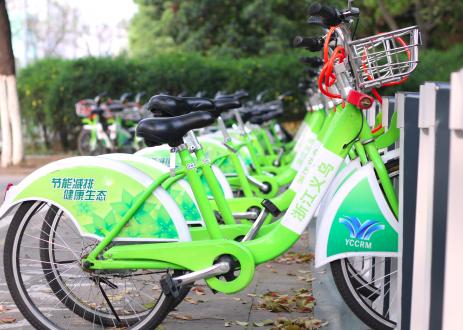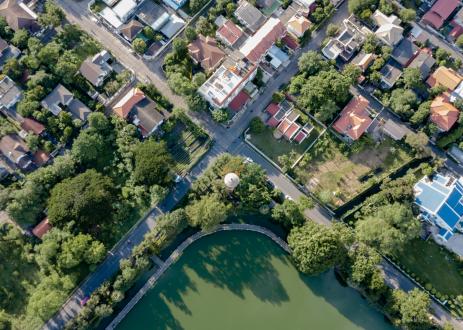
MakingCitiesWork Better for Everyone
WRI works to build equitable cities through people-oriented and inclusive urban planning, resilient urban climate solutions, and low-carbon urban mobility.
Our Challenge
More than half the world’s population lives in cities. Urban areas are engines of economic growth and innovation — but also huge consumers of resources.
How cities are designed and governed affects quality of life for billions of people. Over the next 30 years, 2.5 billion people and as many as 1 billion more vehicles will be added to urban centers. Three-quarters of the infrastructure that will exist in cities by 2050 has yet to be built.
With a population of 1.4 billion, China has already reached an urbanization rate of63.89%.255 million more urban dwellersand500 million more vehiclesare expected to be added in urban spaces by 2050. In the next two decades, China will be facing the infrastructure challenge to further settle300 million new migrantsin cities.
Cities are at a critical inflection point: Decisions made today will determine whether we continue on a path of fractured, unsafe, polluting growth, or succeed in creating a sustainable, resilient, more inclusive future.
of China's GDP is produced in cities
ofenergy-related emissionscome from cities in China
ofChina's populationlive in cities
Congestion costs5-8%of GDP in China every year
Our Approach
WRI works to meet these emerging urbanization challenges. Our network of local and international experts work with the public, media, partners, business, public institutions and government agencies in more than 100 cities across 75 countries. Through this work, we aim to help cities build an efficient framework focused on sustainability and equity.
Our work focuses on new energy transport, people-friendly neighborhoods, air quality control, new climate economy for cities and resilient urban planning. In these areas of focus, we produce practical, data-driven research on how fast-growing urban areas can sustainably deliver core services like transport, housing, clean water and sanitation to all residents. We also work with local leaders to advance solutions ranging from electric mobility to air quality improvements to better urban land use and more. And we forge long-term partnerships and coalitions to ensure that cities not only create change, but sustain it.
The Sustainable Cities Program focuses on a number of specific Initiatives.Explore all Resourcesin depth.
-

NUMO, the New Urban Mobility Alliance
Channeling tech-based disruptions in urban transport to create joyful cities where sustainable and just mobility is the new normal.
-

Health and Road Safety
WRI helps China and other Asian countries achieve green, safe, healthy, and equitable urban transitions
Part of Sustainable Cities -

Sustainable Mobility
Sustainable Mobility project aims to enhance local capacities on climate emergency and to accelerate zero carbon, resilient, and inclusive urban transitions toward achieving China’s 2030 carbon peaking and 2060 carbon neutrality pledges.
Part of Sustainable Cities -

Climate Smart Cities
Enhance local capacities on climate emergency and to accelerate zero carbon, resilient, and inclusive urban transitions toward achieving China's 2030 carbon peaking and 2060 carbon neutrality pledges.
Part of Sustainable Cities








